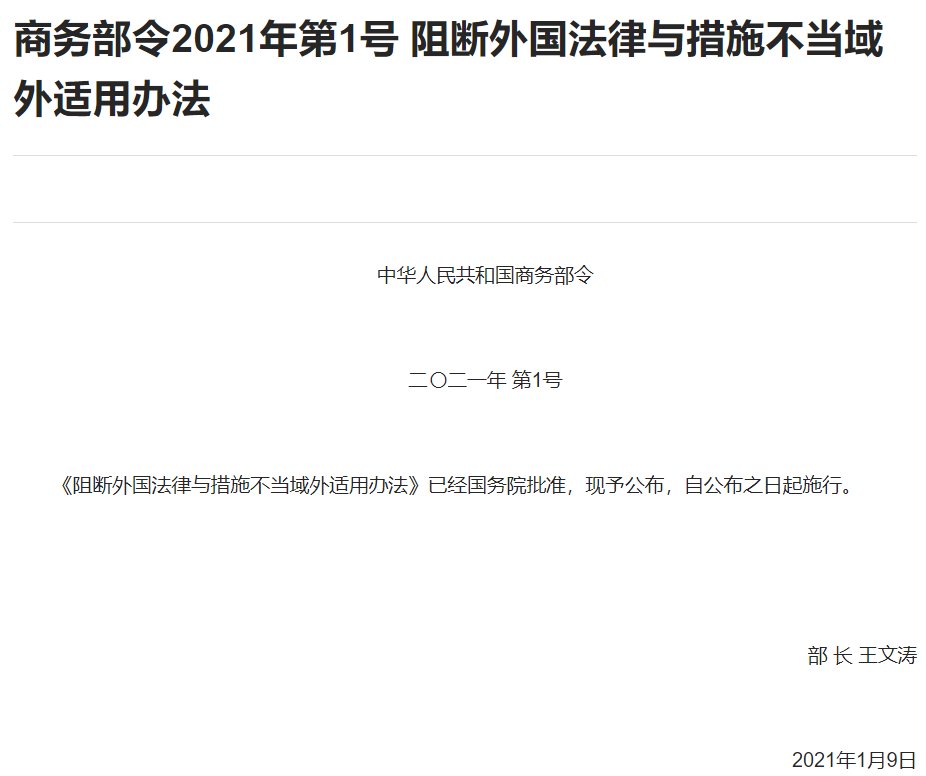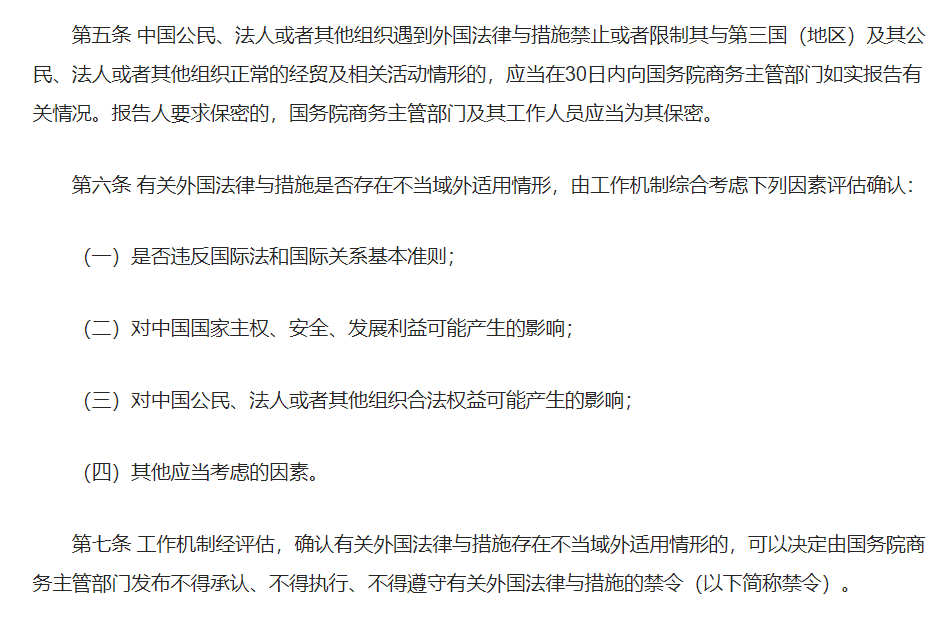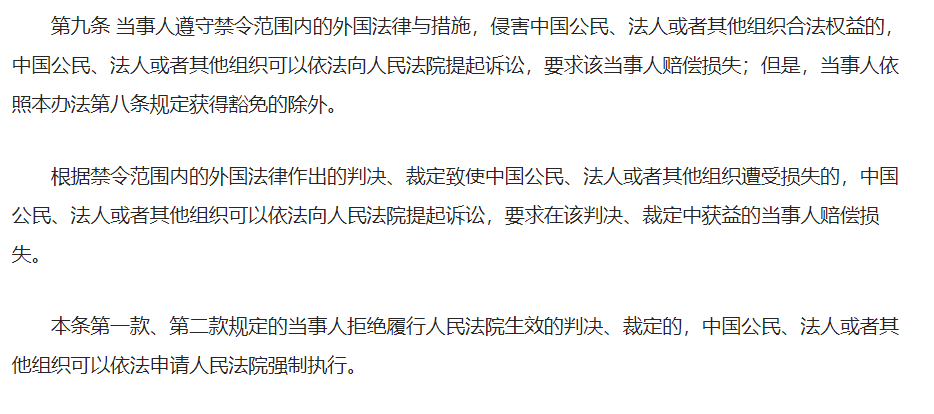
Let me try to translate USTR-designate Katherine Tai's opening statement before Senate Finance Committee:
"I previously served as America’s chief enforcer against China’s unfair trade practices":
I've taken WTO cases against China, and won (see rare earth).
/1
"I previously served as America’s chief enforcer against China’s unfair trade practices":
I've taken WTO cases against China, and won (see rare earth).
/1

"I know firsthand how critically important it is that we have a strategic and coherent plan for holding China accountable to its promises and effectively competing with its model of state-directed economics":
Trade agreements are not just for soybeans. There will be more.
/2
Trade agreements are not just for soybeans. There will be more.
/2
"I know the opportunities and limitations in our existing toolbox".
I will make full use of the existing tools: trade remedies, Sec 301, national security...you name it.
I will also beef up the existing rules.
/3
I will make full use of the existing tools: trade remedies, Sec 301, national security...you name it.
I will also beef up the existing rules.
/3
"And I know how important it is to build what the President has termed 'a united front of U.S. allies'.”
We will gang up on China with allies. Expect the trilateral process to continue and grow.
/4
We will gang up on China with allies. Expect the trilateral process to continue and grow.
/4
"China is simultaneously a rival, a trade partner, and an outsized player whose cooperation we’ll also need to address certain global challenges."
We will cooperate with China on climate & other issues.
/5
We will cooperate with China on climate & other issues.
/5
"We must remember how to walk, chew gum and play chess at the same time."
Good luck to the @USTradeRep! This is what happened when someone tries to do that last time.
/fin
Good luck to the @USTradeRep! This is what happened when someone tries to do that last time.
/fin

• • •
Missing some Tweet in this thread? You can try to
force a refresh









